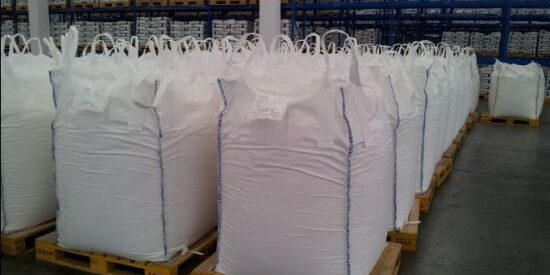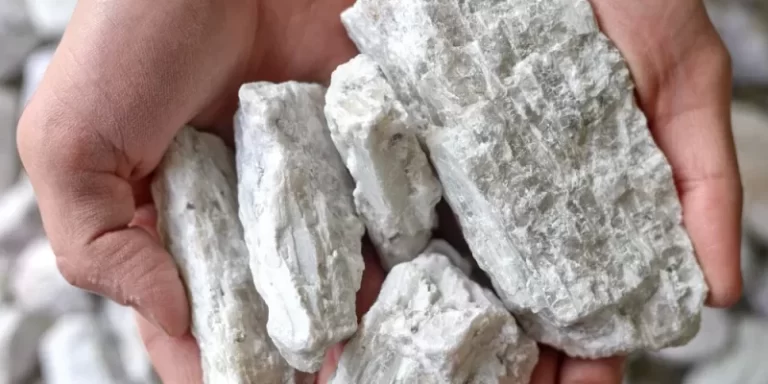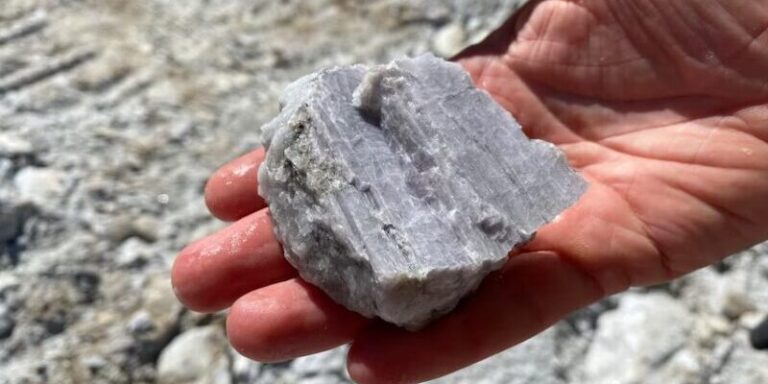
In China lithium carbonate prices could fall by more than 30% next year from the current level, as the rate of supply generated by all major producers outpaces the rise in demand from battery users.
In January, the Chinese Government ended the subsidy for EV procurement, a policy that had been in place since 2010. This dampened demand for lithium carbonate, the chemical used in EV batteries, causing the price to fall by 77%.
This week, the spot price of lithium carbonate fell to a more than two-year low of 115,500 yuan ($16,185), and next year it could drop to as low as 80,000 yuan as global production continues to ramp up, four China- based analysts told Reuters.
The fall in prices will hurt lithium producers but may benefit EV manufacturers through lower costs. China produces around 70% of the global supply of batteries and over half its EVs.
Through targeted industrial policy, the nation has also established complex and effective supply chains in lithium production.
Speaking at the Resourcing Tomorrow 2023 mining conference in London on Thursday, Michal Meidan, director at the Oxford Institute for Energy Studies, said: “China’s industrial policies to develop these technologies are decades old and the nation has developed an expansive global presence in the entire value chain of extraction of the ores overseas.
If you look at the supply chains, whether it is EVs or batteries, there is a strong China component throughout them. This is in extraction and obviously processing, where China has 80–100% control of some processing supply chains.”
Lithium production around the world is growing rapidly. According to GlobalData, the parent company of Mining Technology, global production will increase at a compound annual growth rate of 13.9% between 2023 and 2030.
Currently, Australia is the largest single producer, with GlobalData estimating production will reach 77,600 tonnes in 2023. China remains the world’s largest importer of lithium, importing 88.1% of total imports in 2022.







